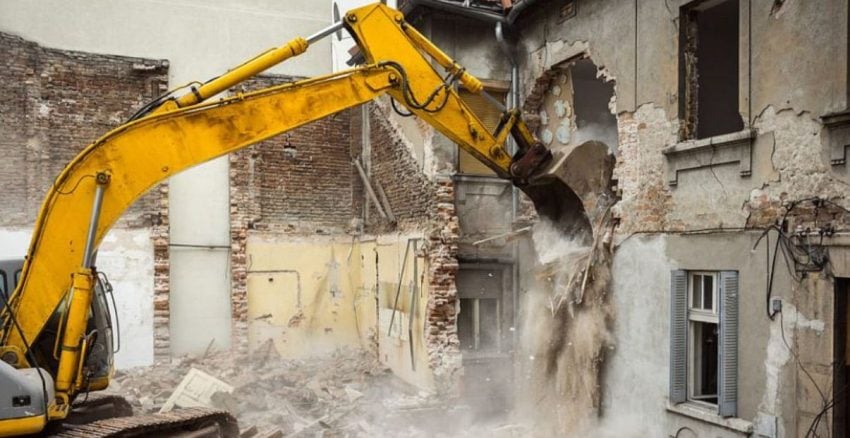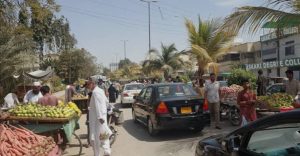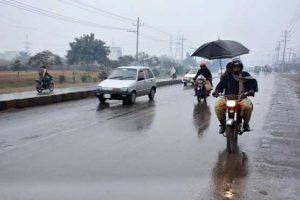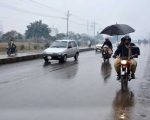ISLAMABAD – As parts of Pakistan including twin cities brace for more rain, authorities are urging swift action to avert a potential disaster. Rawalpindi Metropolitan Corporation declared 250 aging and structurally compromised buildings in the city as dangerous for human habitation, ordering immediate evacuation to prevent potential tragedies during the ongoing monsoon season.
The action follows a similar crackdown in Karachi, where deteriorating buildings have also been marked unsafe. According to officials, the decision was made under the Punjab Local Government Act 2022, with notices issued to property owners. Authorities have warned that failure to evacuate or take corrective measures will result in strict legal action against both residents and owners.
The high-risk areas include densely populated neighborhoods such as Raja Bazaar, Bhabra Bazaar, Moti Masjid Lane, and Dangi Khoi, where many of the structures are in severe disrepair. Of the 250 buildings identified, 188 have been categorized as “highly dangerous,” posing a serious threat to life, especially amid continuous rainfall and the looming risk of seismic activity.
Officials further revealed that many of these buildings serve dual purposes, being used for both residential and commercial activities, thereby increasing the risk to a larger number of people.
Despite the warnings, several occupants have refused to vacate, citing a lack of alternative housing as the primary reason. “We understand the risk, but where are we supposed to go?” asked a resident of Bhabra Bazaar. “We need help from the government to relocate safely.”
Authorities warned property owners to either carry out urgent renovations or demolish the unsafe structures entirely. Non-compliance will lead to enforcement measures and legal proceedings. These dilapidated buildings also posed threat to Rawalpindi’s residents for over two decades. Previous warnings and court orders failed to bring lasting change due to insufficient enforcement.
Residents are now appealing to government officials to provide emergency housing or financial assistance, allowing families to move to safer locations without delay.













